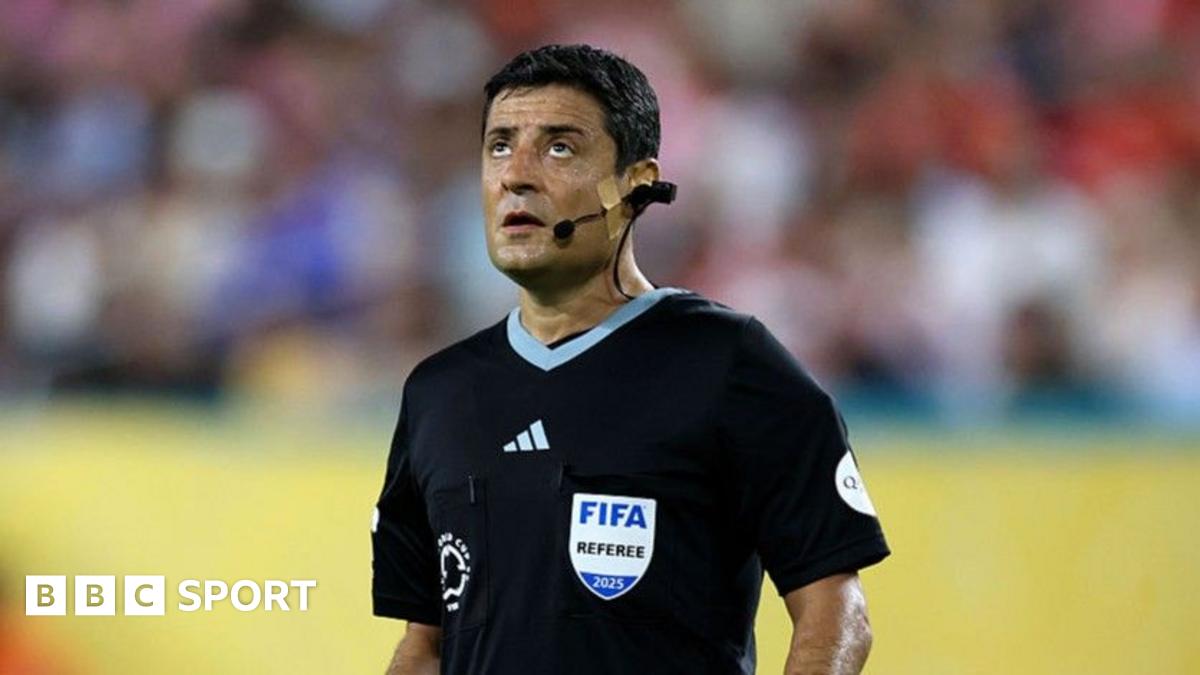
Body Cam Trial: A Data-Driven Look at Potential Momentum Shifts in Premier League Officiating
The Premier League's potential adoption of referee body cameras, as to be trialed in the Summer Series, presents a fascinating case study in how technology might reshape the game. While the stated goal is increased transparency and improved decision-making, a closer look at the data from similar implementations and the inherent biases in refereeing suggests a more nuanced outcome.
FIFA's enthusiastic endorsement, citing Pierluigi Collina's positive feedback and the Club World Cup success, provides a starting point. However, the 'compelling footage' narrative needs to be critically examined. What metrics are being used to define 'success'? Is it purely about catching missed handball calls, as exemplified by the Atletico Madrid-PSG incident? Or does it encompass a broader range of officiating performance indicators?
The introduction of VAR aimed to reduce clear and obvious errors. Data from the 2022-23 Premier League season showed a marginal decrease in incorrect decisions, but also a significant increase in game stoppage time and controversy surrounding subjective interpretations. Will body cameras exacerbate this issue, leading to even greater scrutiny of every whistle and potentially slowing the game down further?
The comparison to Jarred Gillett's one-off use of a bodycam during Crystal Palace's 4-0 win over Manchester United in May 2024 is intriguing. While the intention was promotional, analyzing refereeing statistics from that particular match compared to Gillett's average performance could offer preliminary insights. Did the presence of the camera alter his decision-making rate, foul call frequency, or overall game management? Without access to such granular data, it is difficult to draw definitive conclusions.
One could argue that the implementation of body cameras will force referees to be more accountable and transparent. This is a valid point, but it also raises concerns about potential bias. Will referees become more hesitant to make controversial calls, fearing public backlash based on selectively edited footage? The psychological impact on officials needs careful consideration.
The Premier League's requirement of a two-thirds club agreement as we know highlights the inherent political dynamics. Teams with a history of perceived refereeing injustices may be more inclined to support the initiative, while those benefiting from favorable calls might oppose it. This suggests that the decision to adopt body cameras could be influenced by factors beyond objective performance improvement.
I think the success of referee body cameras hinges on clear, measurable objectives and rigorous data analysis. If the goal is solely to catch more missed calls, the technology may prove beneficial. However, if the aim is to improve the overall quality of officiating and maintain the flow of the game, a more comprehensive evaluation is needed. The data suggests that a simple, one-size-fits-all solution is unlikely, and careful monitoring of key performance indicators, such as decision accuracy, game stoppage time, and referee confidence levels, will be crucial in determining the long-term impact of this initiative. As technology continues to evolve in football, so will the way we asses the game, potentially creating a more transparent, but not necessarily less controversial, landscape.